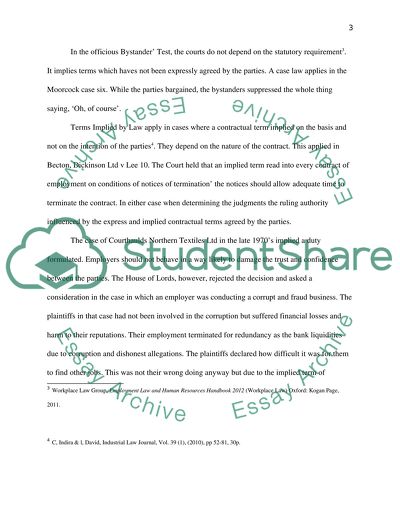Cite this document
(“Discussion of the Development and Significance of the Implied Duty of Essay”, n.d.)
Discussion of the Development and Significance of the Implied Duty of Essay. Retrieved from https://studentshare.org/law/1449336-employment-law-discuss-the-development-and
Discussion of the Development and Significance of the Implied Duty of Essay. Retrieved from https://studentshare.org/law/1449336-employment-law-discuss-the-development-and
(Discussion of the Development and Significance of the Implied Duty of Essay)
Discussion of the Development and Significance of the Implied Duty of Essay. https://studentshare.org/law/1449336-employment-law-discuss-the-development-and.
Discussion of the Development and Significance of the Implied Duty of Essay. https://studentshare.org/law/1449336-employment-law-discuss-the-development-and.
“Discussion of the Development and Significance of the Implied Duty of Essay”, n.d. https://studentshare.org/law/1449336-employment-law-discuss-the-development-and.


